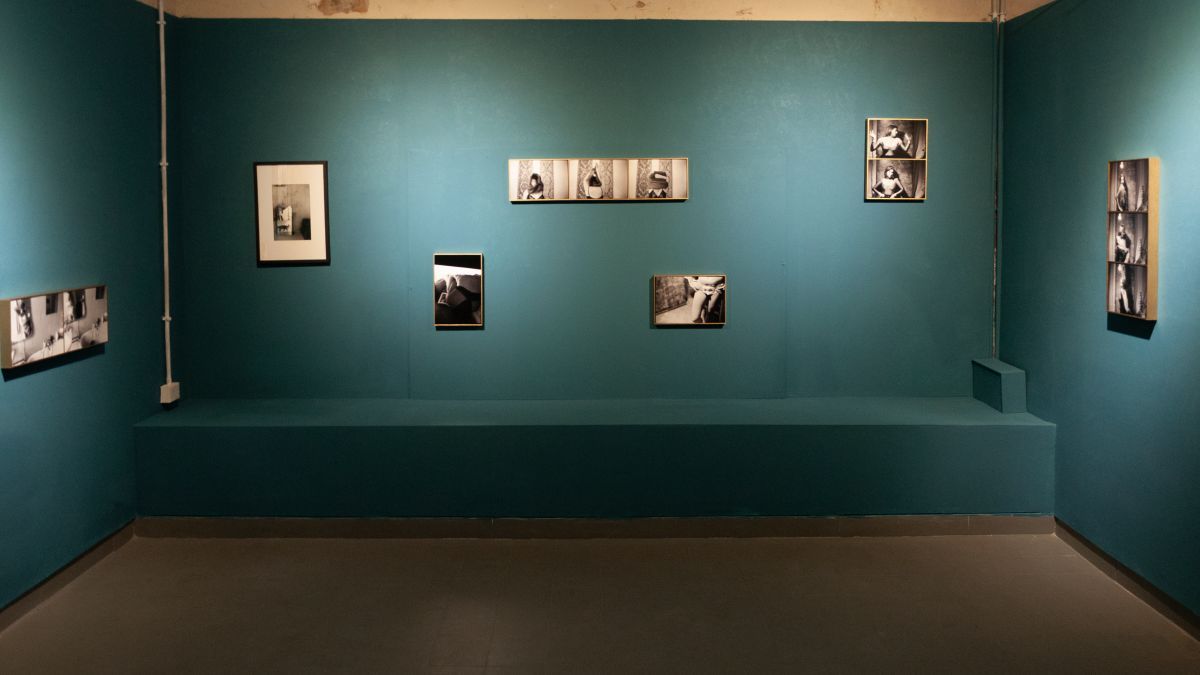Sebastian Kurz has long since left office, and the case still shakes the country months later. This time it’s secret side agreements about the distribution of posts. That sounds bad – but could reform the political system.
The cause of Sebastian Kurz from last autumn was explosive – and not just for the residents of the Alpine Republic. In the neighboring countries, especially Germany, people were amazed at the sophistry of the young politician and his colleagues, who had once been praised as a boy prodigy. Chat logs that became public showed what was really going on behind the slick walls of the seat of government in Vienna. Bought advertisements, manipulated surveys and booted out competitors – the case has been adequately illuminated.
A good two months after Sebastian Kurz finally left all political offices, the case still does not allow the country to rest. A good two weeks ago, further documents became public that show how the Austrian People’s Party (ÖVP) had filled its posts in recent years. The papers are explosive not only because of their content. They could now also bring about a turnaround in politics.
“Sideletter”: “Sensible, well-established practice”
The documents are two secret “side letters” from the government under Sebastian Kurz. Austria’s ex-Vice Chancellor Reinhold Mitterlehner (ÖVP) described them as “quite normal rules of the game”. Such papers have been part of the political business since the 1960s at the latest. Before that, not even the coalition agreements were published, explains the historian Manfried Rauchenstein. “It didn’t happen until 1963 for the first time” – which may have made these sideletters necessary.
Specifically, it is about written side agreements to the coalition agreement. Side letters are additional papers that, from the point of view of the political actors, are not intended for the public. The documents that have recently become public make it clear once again how meticulous the government under Sebastian Kurz, first with the FPÖ and later with the Greens, proceeded when filling posts. – or as “Der Standard” writes, citing government representatives and ex-politicians: a “sensible, well-established practice”.
If you want to do a responsible or high-ranking government job, you have to prove yourself through political proximity. Up until the 1970s, with the right party membership, it was easy to find work in administration or state-owned companies. In the post-war period, politics came up with the term “postenschacher”, which became part of everyday language for decades, but was initially used mainly in left-wing journalism. In the 1980s, the appointment of posts should be made more transparent. However, the approach only meant that top functions in public administration, for example, were limited in time. Anyone who was interested in keeping their job beyond the deadline quickly bowed to the wishes of politicians.
Rules of the game between the coalition partners
The side letters that have now been published show that little has changed with regard to the Postenschacher. The papers mainly contain secret agreements about staffing in the state-related area. For example, it was recorded which of the governing parties determined the members of the Constitutional Court and the National Bank. Particularly explosive for a democracy: In a supplement to the government formed by the ÖVP and FPÖ, it was determined how posts in public broadcasting should be filled. That also included the position of editor-in-chief. The first candidates were also named. According to “Spiegel” information, this should no longer be the case with the younger side letter from the ÖVP and the Greens.
Ex-Vice Chancellor Mitterlehner defended the secret agreements in an interview. They served to have “clarity and certainty”. “Wherever the government has to make a personnel decision, you need a way to do it. If you don’t have one, disputes are inevitable,” says Mitterlehner. What is remarkable about the ÖVP and FPÖ side letter is “the detailedness of the agreements”.
In Austria there is actually nothing unspeakable when a ministry sends owner representatives to the supervisory boards of state-owned companies. However, it becomes more complicated when it comes to positions at the Constitutional Court (VfGH). The judges must be politically independent, but at the same time someone must decide who sits at the court. In democracies, this task falls to elected officials. In Austria, these are the government, the National Council and the Federal Council. This is easy to abuse. A constitutional lawyer recently described the system as a “democracy-political mess”.
More transparency in the future?
The current government under Chancellor Karl Nehammer recently announced that it would refrain from making side agreements in coalitions. “There will be no secret agreements with me in future governments outside of the government program,” said the head of government and designated ÖVP chairman of the “Kronen Zeitung”. He stands by the agreements on appointments, provided the government has the right to make proposals, but this must be made public and transparent. “It must be clear to everyone that secret agreements damage trust in politics.”
The crux of the whole thing: side letters are an open secret – but still secret. In the first place, it is not necessarily possible to prove whether the government will really refrain from doing so in the future. After all, the documents are not intended for the public, at least from the point of view of politics.
Sources:, , , with material from DPA
Source: Stern
David William is a talented author who has made a name for himself in the world of writing. He is a professional author who writes on a wide range of topics, from general interest to opinion news. David is currently working as a writer at 24 hours worlds where he brings his unique perspective and in-depth research to his articles, making them both informative and engaging.




